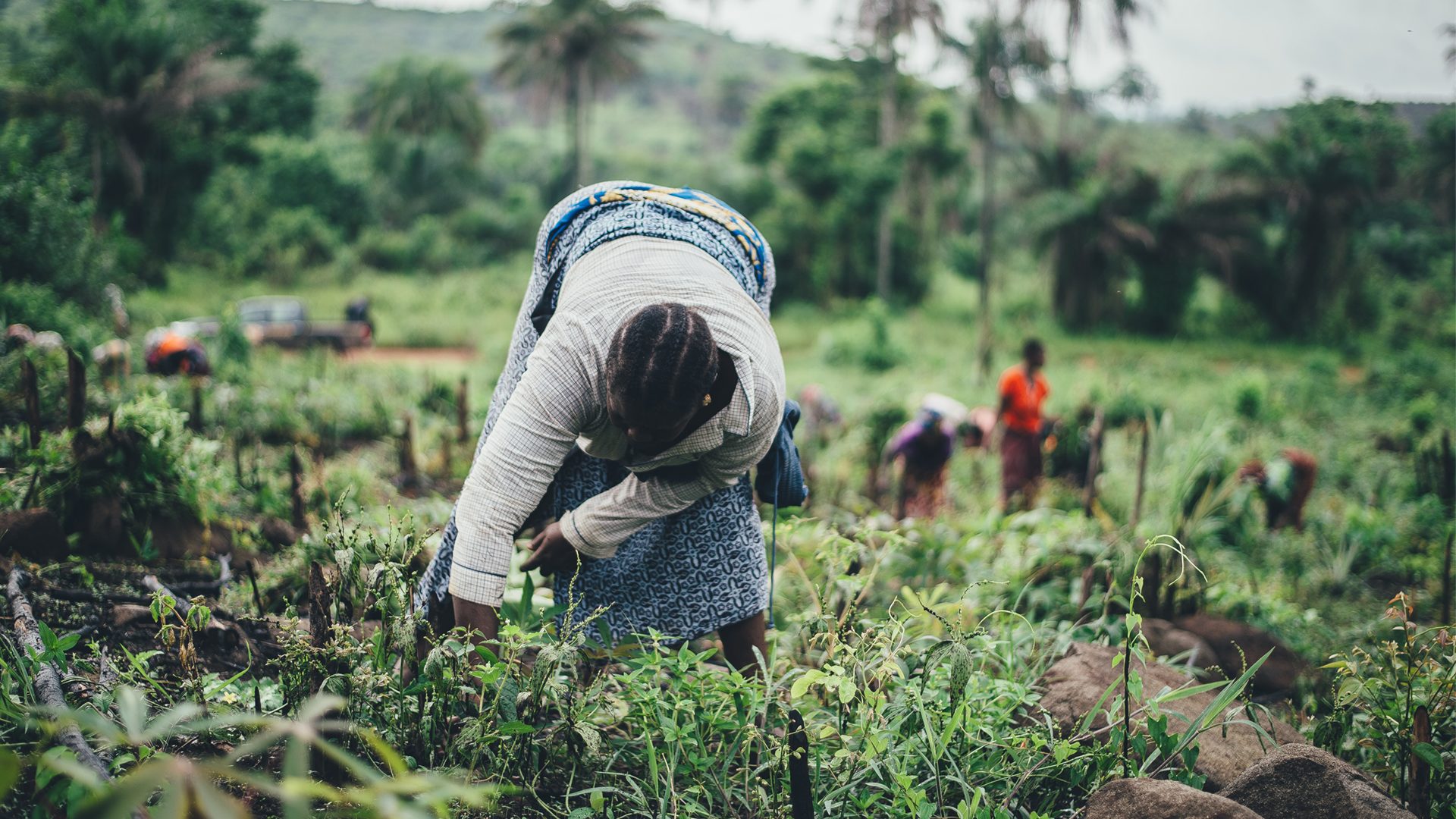Agriculture provides employment for about two-thirds of Africa’s working population, though climate change could threaten to radically disrupt many people’s way of life.
In Eastern Africa alone, 70% of the population and most people living in extreme poverty make a living from farming.
Climate change could destabilize local markets, curb economic growth, and heighten risk for agricultural investors, as agriculture is critical to Africa’s growth and development.
Weather patterns are becoming less favourable across the continent, increasing the volatility of crop and livestock yields. Temperatures are projected to continue rising and rainfall patterns are expected to shift more than they have already.
According to the United Nations Framework Convention on Climate Change (UNFCC), African temperatures in recent decades have been warming at a rate comparable to that of most other continents, creating conditions too hot for sustainable farming.
How will food security be affected?
Sub-Saharan African countries in particular are prone to drought, which prevents crops from growing and stops populations being properly fed.
According to FAO, the number of undernourished people in Africa has increased by 45.6% since 2012. Major factors that have reduced crop productivity include excessive heat, drought stress, and increased damages from pests.
So, how will farmers have to change their growth strategies to adapt to a changing climate? Millet and sorghum are the most promising crops to focus on moving forward, as they’re more heat resistant than other options. Keep in mind though that famers still expect a yield loss of 7% by 2050 on both.
Crops such as rice and wheat are expected to be the most affected, with a yield loss by 2050 of 12% and 21% respectively – according to UNFCC.
Mozambique’s major food crops, meanwhile, are corn and sorghum. They cover a third of cultivated land in the country.
However, according to FAO, there’s a large seasonal loss. It is estimated that a 25% or greater drop in corn yields would reduce Mozambique’s GDP by 2.5%. Such a drop would affect the country’s economy severely.




















